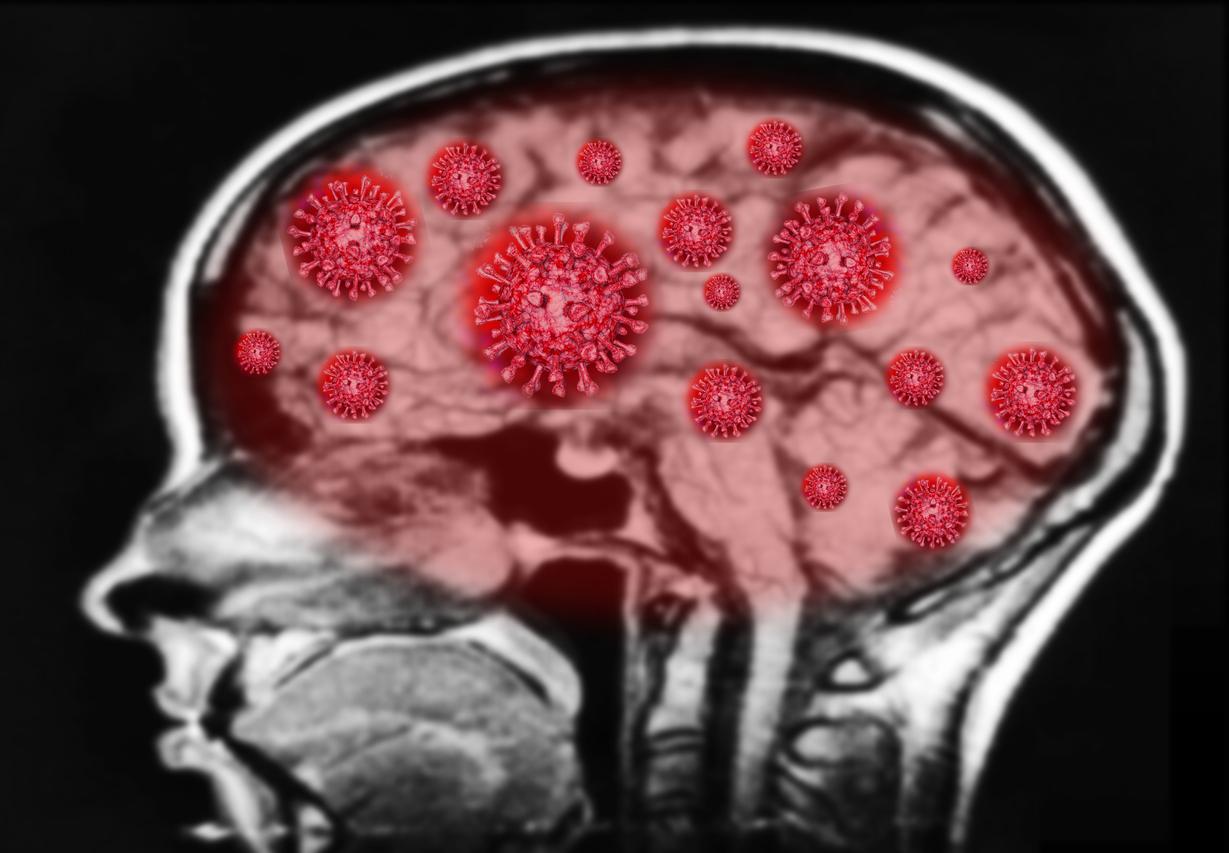Because of their higher intelligence quotient, the brains of gifted adults process information faster. This particularity can have important consequences on their daily life.

- 2.3% of the French population have an intelligence quotient (IQ) greater than 130
- 2.3% of the French population have an intelligence quotient (IQ) greater than 130.
- The benchmark generally used to classify a person as gifted is an IQ of 130.
- The benchmark generally used to classify a person as gifted is an IQ of 130.
According to the government report “The schooling of intellectually precocious pupils”, submitted to the Ministry of National Education in 2002, 2.3% of the French population have an intelligence quotient (IQ) higher than 130, i.e. a little less than one individual in forty. 130 is the benchmark generally used to classify a person as gifted. This IQ is determined by verbal and performance tests. At around 100, we are within the norm. An IQ between 110 and 115 corresponds to normal schooling up to the baccalaureate. On the other hand, below the age of 80, schooling will not be normal.
However, this quotient must be estimated within its limits: the quotient for a given subject varies according to age, quality and type of tests, circumstances, etc. Nevertheless, in addition to clinical examinations, this numerical data is always useful for diagnosing gifted patients. Besides IQ, what does this qualifier really mean? How does this translate into the daily lives of these adults?
The brain processes information faster
The high IQ of gifted people does not mean that they have more neurons, it just means that they receive and process information faster than others. Everyone perceives them through one or more of the five senses – sight, smell, taste, hearing and touch – but, in the gifted, this information reaches the brain more quickly. Once inside, they also travel there much faster. Thus, the gifted are not sick, but they have real differences with other adults, especially in terms of perception and analysis. These differences can have implications for their daily lives, which vary from person to person.
Some gifted people feel no difference from others. Therefore, their life is similar to that of most adults. Others, on the other hand, experience a feeling of being out of step, which can manifest itself in various ways and in different spheres of their personal and professional lives. On the negative side: discomfort and a feeling of not being like the others are often present in the testimony of gifted people. But the positive points are numerous: desire to learn, excellent memory, speed of analysis, and even in some cases, a capacity to marvel much greater than the average.
In adults, only a psychologist can make the diagnosis
Many gifted people are diagnosed as children, but it is also possible that the specificity is not discovered until adulthood. Certain signs can put the flea in the ear, such as hypersensitivity, recurring states of anxiety, even very advanced perfectionism.
In case of doubt and discomfort, it is necessary to consult a psychologist, because he is the only practitioner authorized to establish such a diagnosis. To do this, he will perform psychological tests and evaluations on the patient. But there is nothing to be afraid of if the diagnosis is positive, many gifted people live with it very well. If you don’t have one around you, you certainly know gifted public figures like Shakira, Emma Watson, Matt Damon or even Ben Affleck!

















